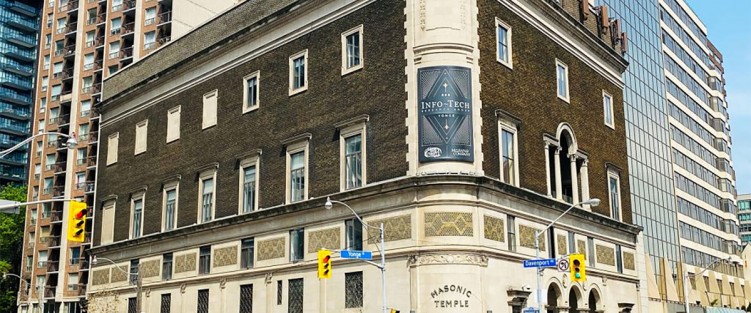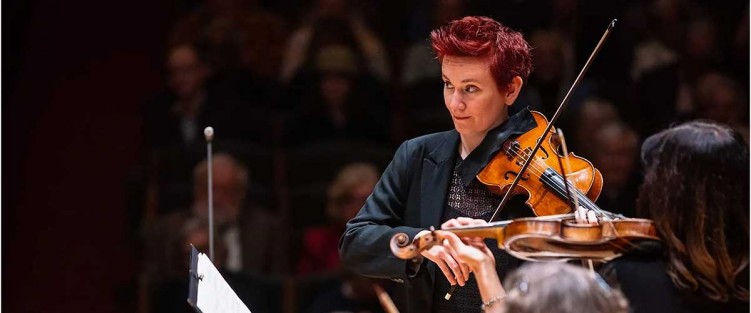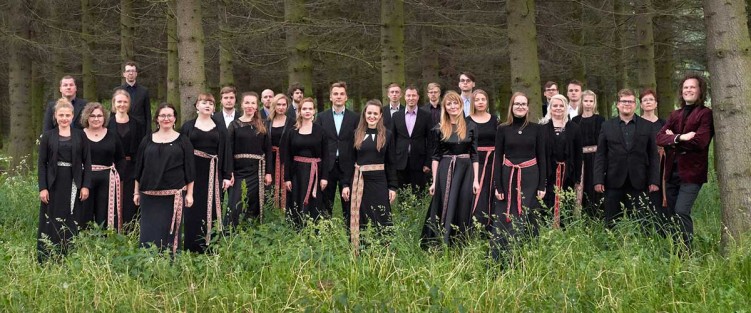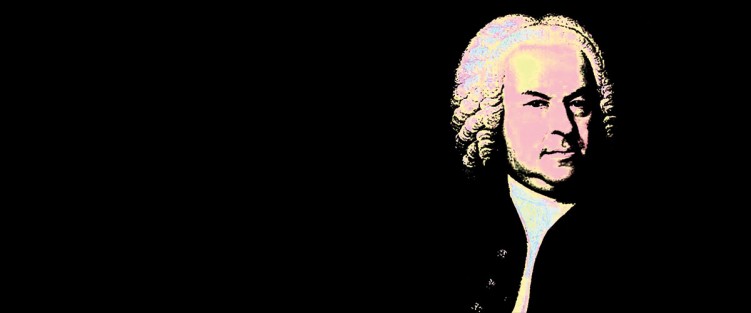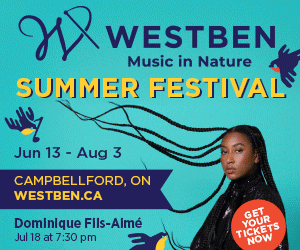Reconstitution will take you far at the Toronto Bach Festival
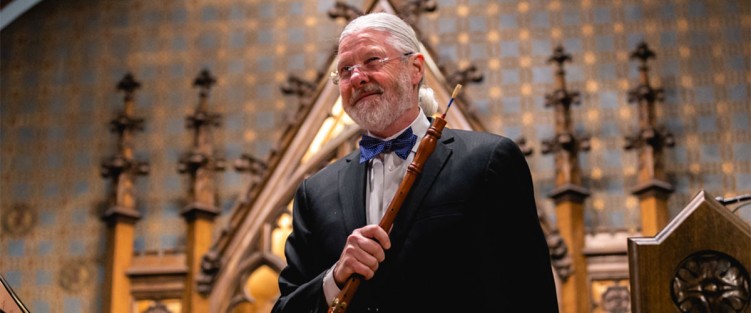 While researching this piece, I stumbled across this comment by John Terauds (founder and first editor of the blog Musical Toronto, now Ludwig van Toronto). “Earlier this year, we needed to pity Argentinean composer Osvaldo Golijov as he was attacked for quoting other composers’ music in his own,[but] if we only look back two to three centuries, we find composers borrowing, quoting and parodying themselves and each other — proving that imitation once was the sincerest form of flattery.”
While researching this piece, I stumbled across this comment by John Terauds (founder and first editor of the blog Musical Toronto, now Ludwig van Toronto). “Earlier this year, we needed to pity Argentinean composer Osvaldo Golijov as he was attacked for quoting other composers’ music in his own,[but] if we only look back two to three centuries, we find composers borrowing, quoting and parodying themselves and each other — proving that imitation once was the sincerest form of flattery.”
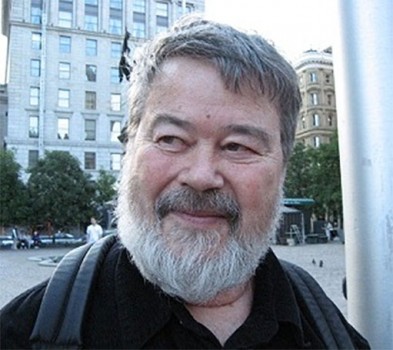 The comment came in a 2012 review of a just-released recording of six concertos composed by University of Montreal Early Music specialist Bruce Haynes, who had died the previous year. Although “composed” is not exactly the right word.
The comment came in a 2012 review of a just-released recording of six concertos composed by University of Montreal Early Music specialist Bruce Haynes, who had died the previous year. Although “composed” is not exactly the right word.
Haynes, in Terauds’ words, “had scoured 13 of Johann Sebastian Bach’s cantatas, the Mass in G Minor and the Concerto for 3 Harpsichords in D Minor for material he could adapt into a set of six concertos in the style of the six original Brandenburgs. … [and] Eric Milnes and the period-instrument Bande Montréal Baroque … including Haynes’ widow, gamba master Susie Napper turned it into glorious sound only a couple of weeks after his death.”
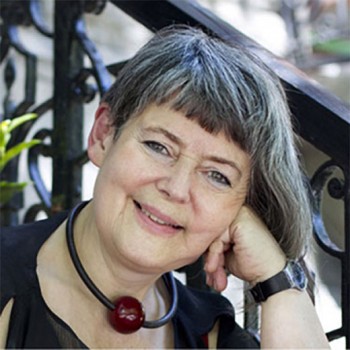 The recording was released by ATMA Classique under the title Nouveaux “Brandebourgeous” Reconstitution/Reconstruction.
The recording was released by ATMA Classique under the title Nouveaux “Brandebourgeous” Reconstitution/Reconstruction.


